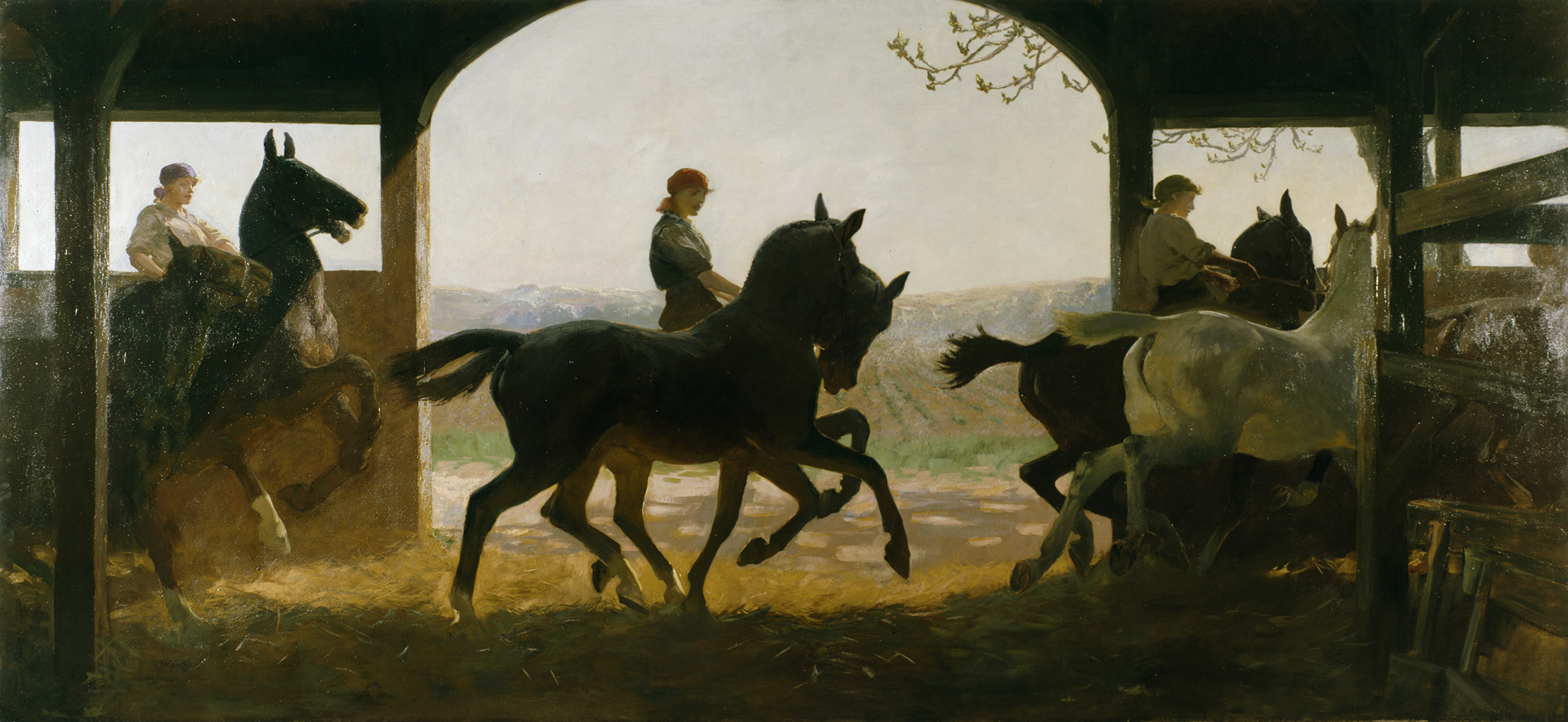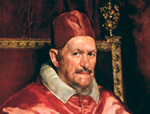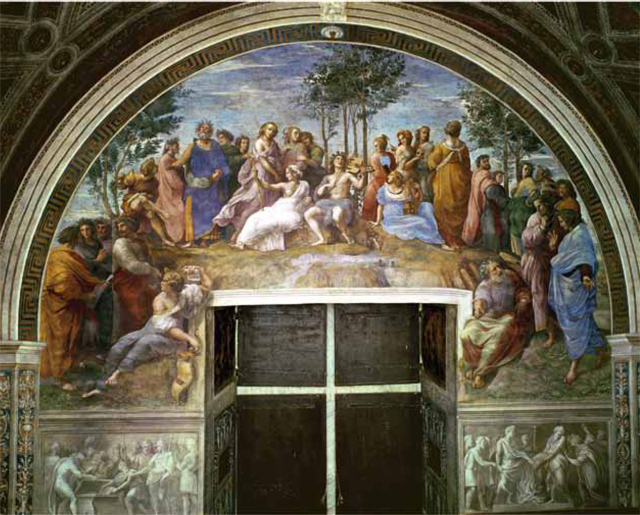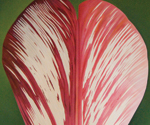My Favourite Painting: Kit Kemp
Designer and author Kit Kemp chooses Lucy Kemp-Welch's The Straw Ride, a study of the horses of the First World War.


Exquisite houses, the beauty of Nature, and how to get the most from your life, straight to your inbox.
You are now subscribed
Your newsletter sign-up was successful
Kit Kemp on Lucy Kemp-Welch’s The Straw Ride
‘I love the romance and working simplicity of this painting: the calmness of the riders and the raw power and energy of the horses — you can almost hear them snorting and blowing and the thudding sound of their hooves kicking up the dusty straw; the impulsion and exuberance of the mounts as they leap and bound with mere slips of girls riding in headscarves with their sleeves rolled up.
‘Lucy Kemp-Welch is best known for painting work horses, whereas Munnings was more of a society painter at that time and probably better known.'
Kit Kemp is an interior designer and author. A trustee of Fine Cell Work, she is also the founder and creative director of Firmdale Hotels.
John McEwen on Lucy Kemp-Welch and The Straw Ride
In the First World War, moving the army and its supplies was still horse dependent. The army had 25,000 horses in 1914; by 1918, more than 600,000. The Remount Department and police selected 130,000 horses in 1911, holding them ready to co-opt in an emergency. The 1912 Army Act legalised requisition ‘on payment of a fair price and subject to the owner’s right of appeal’. Inadequacy meant that stronger animals had to be shipped from abroad, including 422,000 horses and 275,000 mules from the US and Canada, plus 120,000 from Australia. Numerous women were employed at Army Remount Depots.
In 1914, Lucy Kemp-Welch was the best-known British painter of work horses and president of the Society of Animal Painters. The daughter of a Bournemouth solicitor, she had early shown artistic talent and first exhibited professionally at 14. She completed her training at Hubert von Herkomer’s art school in Bushey, Hertfordshire, which she later ran (1905–26), latterly as the Kemp-Welch School of Animal Painting. In 1897, she was the third woman to have a work accepted for Tate’s collection. She is also known for her illustrations for Anna Sewell’s Black Beauty.
In December 1914, Kemp-Welch was commissioned by the British Parliamentary Recruiting Commit-tee to produce what became a famous recruiting poster Forward! Forward to Victory Enlist Now. It led to the Imperial War Museum commissioning her, as part of its Women’s Work scheme, to do a scene from the Russley Park Remount Depot, which was staffed entirely by women.
Her first effort was turned down in favour of this larger painting, which was originally intended for a private client. The price was £1,000 (£52,000 today). After unresolved haggling, she gave it to the museum for nothing in 1920.

Stephen Fry’s favourite painting
Stephen Fry shares why he loves this famous Velázquez painting of Pope Innocent X

My Favourite Painting: Dervla Murphy
Dervla Murphy chooses her favouite painting for Country Life.
Exquisite houses, the beauty of Nature, and how to get the most from your life, straight to your inbox.

Jools Holland’s Favourite Painting
Jools Holland introduces his favourite painting – Tulip petal number 3
Country Life is unlike any other magazine: the only glossy weekly on the newsstand and the only magazine that has been guest-edited by His Majesty The King not once, but twice. It is a celebration of modern rural life and all its diverse joys and pleasures — that was first published in Queen Victoria's Diamond Jubilee year. Our eclectic mixture of witty and informative content — from the most up-to-date property news and commentary and a coveted glimpse inside some of the UK's best houses and gardens, to gardening, the arts and interior design, written by experts in their field — still cannot be found in print or online, anywhere else.
